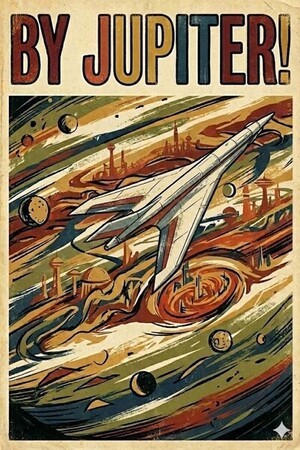Chapter 0:
The fall of hope
The PIT
It all began when the world, fractured by greed and the insatiable hunger for power, failed to heed the lessons of history. The great conflicts, the economic collapse, the rise of the oligarchs—they weren’t just the result of one man’s ambition or one company’s greed. No, it was the failure of systems, the refusal to challenge the unchecked might of industry and wealth, that set the stage for the nightmare that followed.
Once, there had been hope. Hope that the people could rise, that leaders could be held accountable, and that justice could prevail. The early 20th century had offered a brief but shining moment when change seemed possible. The trust-busting efforts of Theodore Roosevelt, a symbol of the power of the people over the corporations, offered a vision of a future where monopolies like Standard Oil could be dissolved and corporate greed brought to heel. But that victory was fleeting.
As the century marched on, the world saw the consolidation of wealth into the hands of fewer and fewer. Companies grew into megacorporations, each one more powerful than the nations they once served. Roosevelt’s dream of breaking the stranglehold of the elite had never come to pass. The promise of a fairer, more just society faded into the dust, swallowed by the rise of a new order where profit, not people, dictated the terms of existence.
The Wryths, the ruling syndicates that now controlled most of the world’s wealth and resources, were the direct descendants of those unchecked powers. Born from the ruins of failed governments and corporations, they wielded control over the global economy, manipulating not just trade and industry but the very fabric of life itself. In their hands, the future was one of absolute control, where even human lives were treated as commodities to be bought, sold, and discarded as they saw fit.
It was in this dystopian reality that Mira and The Witness were born—not just as journalists, but as the last flicker of a dying flame of resistance. The world they inherited was one where the lesson of Roosevelt’s battle had been forgotten, and the chance for true reform had passed. There were no longer any standards, no one left to dismantle the corporate behemoths. Instead, the people were left to fend for themselves, struggling in the shadows as the powerful and corrupt played games with their lives.
In this world, The Witness fought not just for truth, but for something far more precious—the hope that maybe, just maybe, humanity hadn’t lost everything. They were the last remnants of a time when the fight for justice wasn’t a lost cause, and they carried the weight of a world that had forgotten how to care.




Please sign in to leave a comment.